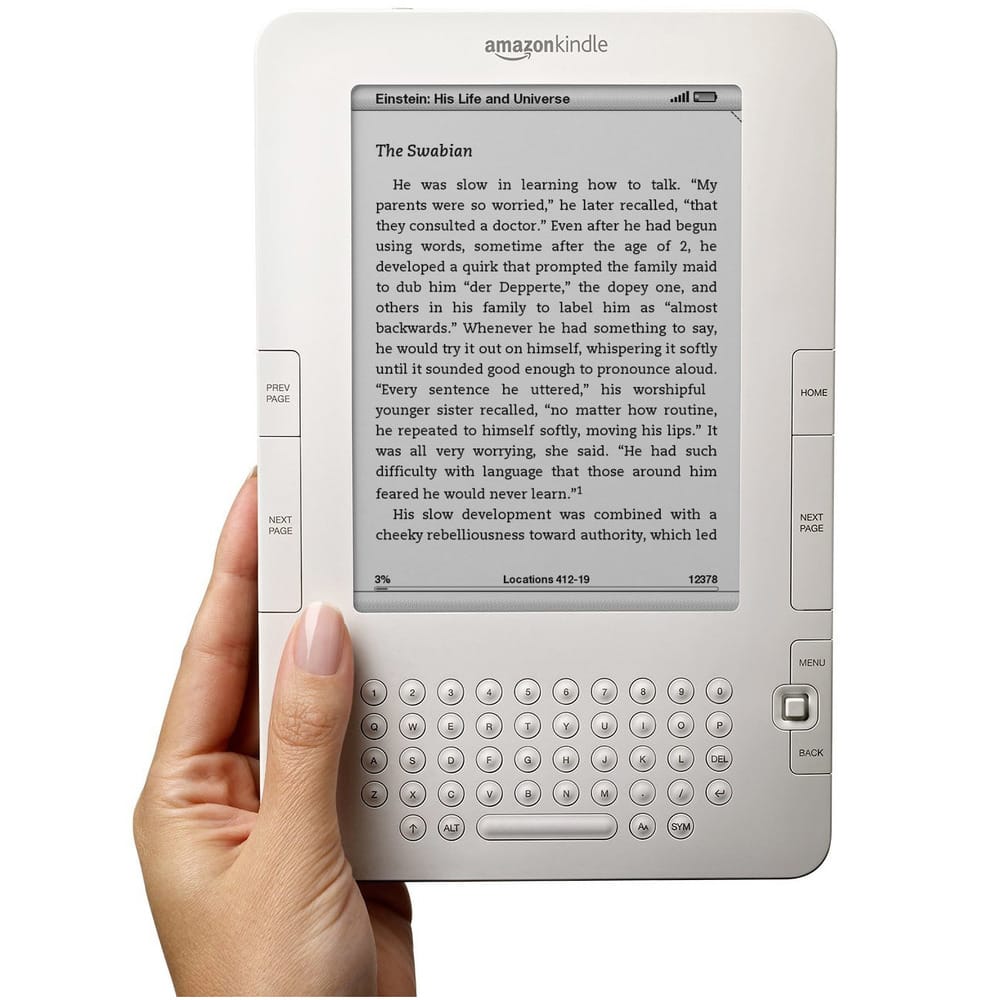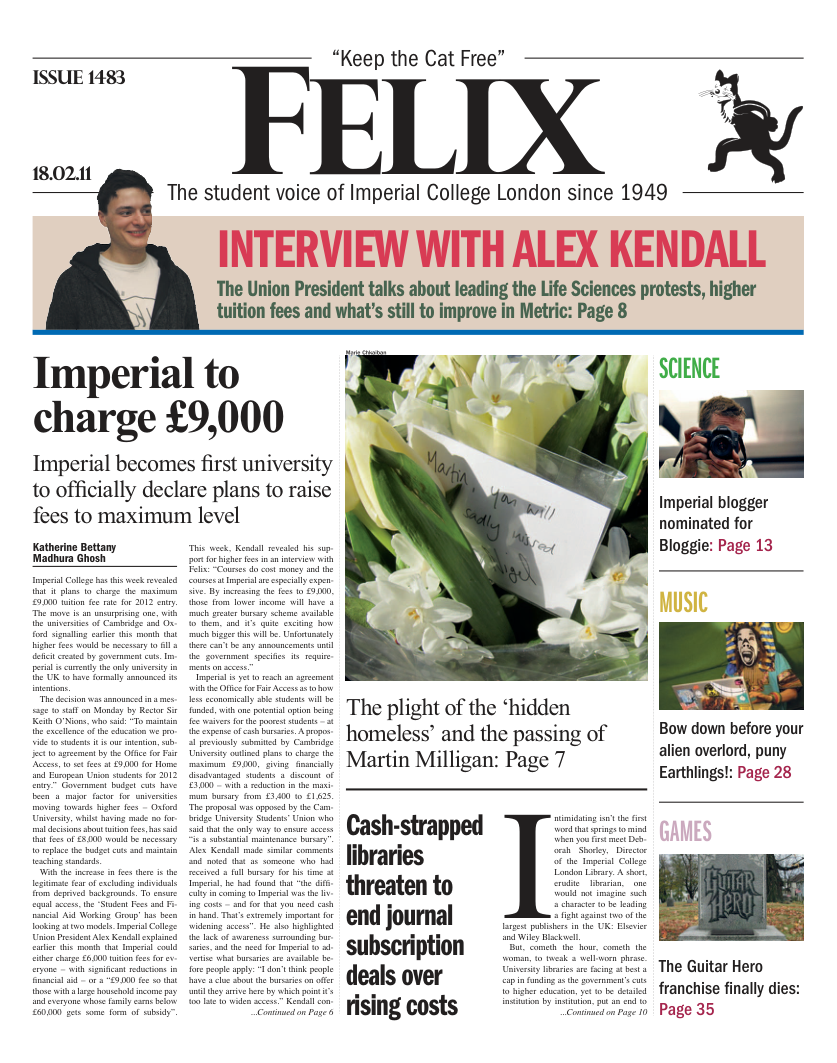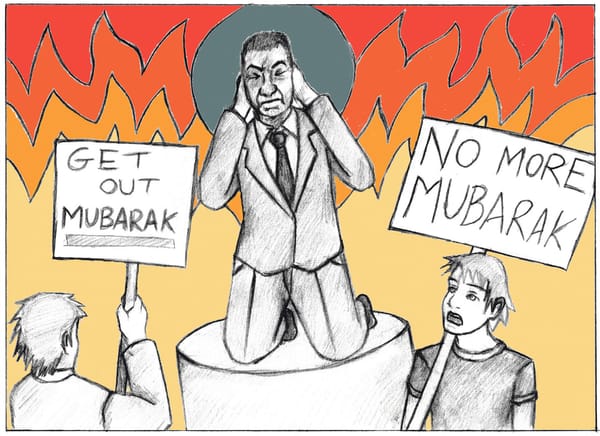Digital books kindle unease
I see people using Kindles and worry they’re giving away their birthright

Tyrants and autocrats have always understood that literacy, learning, books and newspapers are potentially dangerous. They can put independent and even rebellious ideas in the heads of their subjects.
Frederick Douglass, a former slave who taught himself to read, recalled being found with books by his master and punished. In 1828 he wrote: “To make a contented slave it is necessary to make a thoughtless one.” This is why reading and critical thinking are dangerous in an unjust society.
The British Royal Governor of the Colony of Virginia wrote in 1671: “I thank God there are no free schools nor printing; and I hope we shall not have [them].”
But the American colonists, understanding where liberty lies, would have none of this and they enshrined free speech in their constitution.
I see people using Kindles and Sony Readers instead of bound books and I worry they’re giving away their birthright. Digital books require a lot of technical expertise to understand which is currently in the hands of very few people. The books you buy for most e-book readers are encrypted with a secret key that only a particular device can understand.
You might think that’s okay because, hey, Amazon and Apple need to make money too, but consider what happens when they go out of business, or the power goes out and all those books are lost, inaccessible inside technological prisons.
In the past, authorities wanting to remove books from society would have to physically force their way into everybody’s homes
In the past, authorities wanting to remove books from society would have to physically force their way into everybody’s homes, examine all their shelves and make a massive bonfire to burn all the contraband.
With e–book readers and an ethereal wireless internet that task is made so much easier. In 2009 Amazon recalled two e–books that customers had purchased without warning. Just to make this clear, a clerk sat in an office and pushed a button. It resulted in thousands of copies of books being deleted remotely from all Kindles worldwide. Ironically, those books were Nineteen–Eighty Four and Animal Farm by George Orwell.
With the Wikileaks drama a few weeks ago, we saw how Amazon, Paypal, Visa, Mastercard and other companies will easily do the bidding of governments to control the population. I find it very easy to imagine that one day corporations or governments will give the order and all copies of certain ‘undesirable’ books will be remotely deleted.
I’ll keep my bound books for now. But we’ve seen how the Free Software movement promises to give you complete control over your property and I don’t see why the same model can’t be applied to e–book readers. What we need is a Linux for the Kindle, easy to install and available to all.







